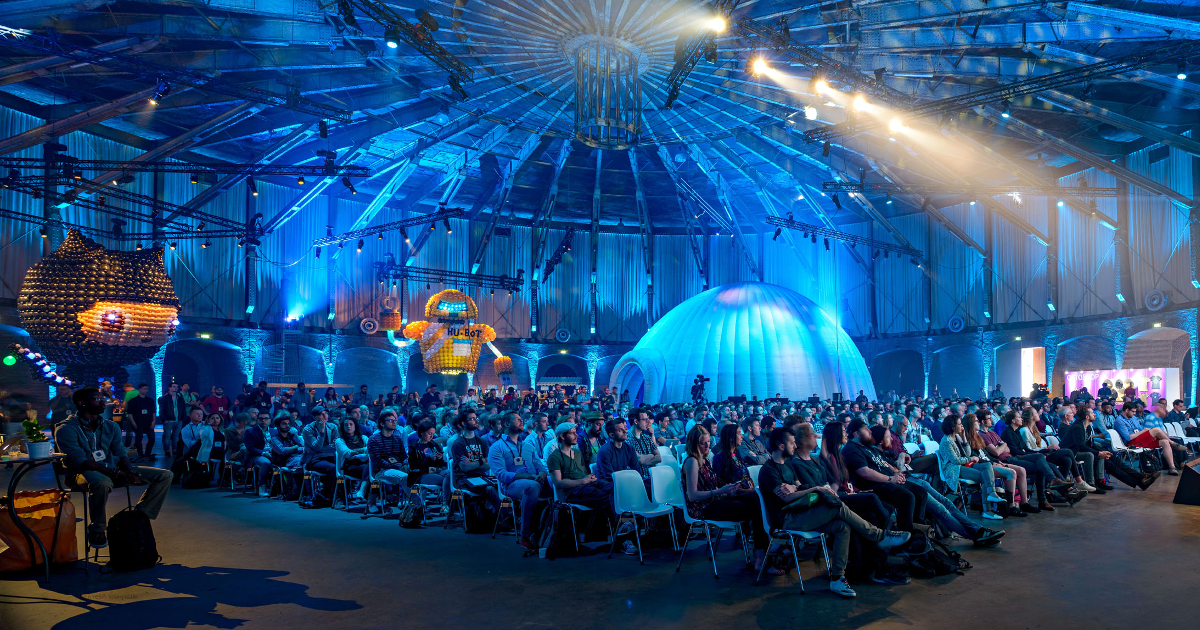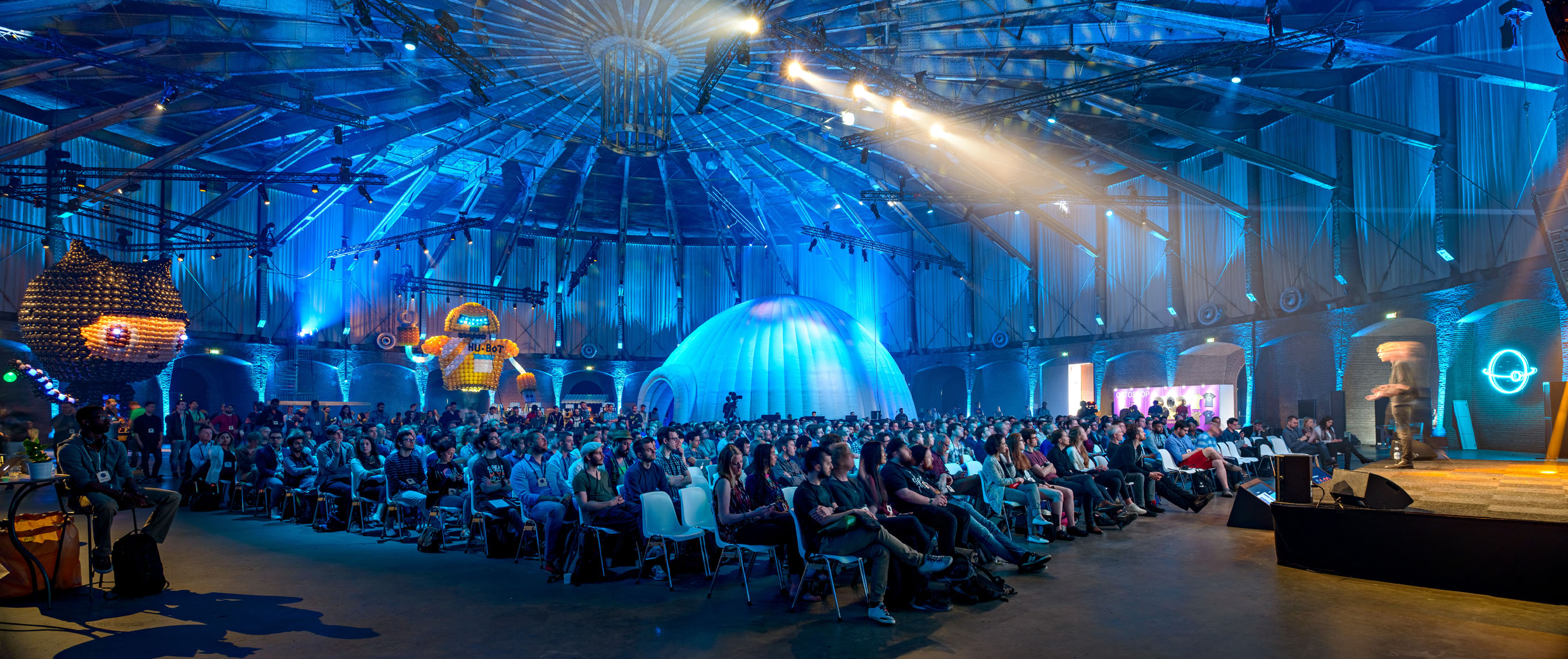Mission Report: GitHub Satellite
On May 11 in Amsterdam, over 500 developers converged at GitHub Satellite to share and hear stories about open source, enterprise software, engineering best practices, and more. In case you…


On May 11 in Amsterdam, over 500 developers converged at GitHub Satellite to share and hear stories about open source, enterprise software, engineering best practices, and more. In case you missed it, here are some highlights and findings:
We kicked off the day with a session by GitHub CEO Chris Wanstrath, who shared a few brand new developments from around the GitHub Universe.
Unlimited Private Repositories
One of the very best things about Git and other distributed version control systems is the ability to create a new repository without asking permission or getting approval. While this has always been true for our public plans, it hasn’t been the case for individuals and teams working together in private. All of that changed with the introduction of unlimited private repositories into all of our paid plans. For detailed information on pricing changes, check out this blog post.
Electron 1.0
Electron 1.0 represents a major milestone in API stability and maturity. This release allows you to build apps that act and feel truly native on Windows, Mac, and Linux. Building Electron apps is easier than ever with new docs, new tools, and a new app to walk you through the Electron APIs. Check out the full write-up of the new release here.

All of the talks from the general sessions, as well as the Discover and Develop breakouts will be available to view soon, so keep your eye on Twitter..
GitHub Satellite would not have been possible without the support of our excellent sponsors, who provided delicious food, juice, coffee, and beautiful art installations for our enjoyment. Thanks to IBM, Heroku, Travis-CI, CircleCI, waffle.io, and Apiary.
The GitHub Universe continues to expand—join us on when we return to Pier 70 in San Francisco for the second annual Universe Conference, September 14-15.
Tags:
Written by
Related posts

GitHub availability report: January 2026
In January, we experienced two incidents that resulted in degraded performance across GitHub services.

Pick your agent: Use Claude and Codex on Agent HQ
Claude by Anthropic and OpenAI Codex are now available in public preview on GitHub and VS Code with a Copilot Pro+ or Copilot Enterprise subscription. Here’s what you need to know and how to get started today.

What the fastest-growing tools reveal about how software is being built
What languages are growing fastest, and why? What about the projects that people are interested in the most? Where are new developers cutting their teeth? Let’s take a look at Octoverse data to find out.